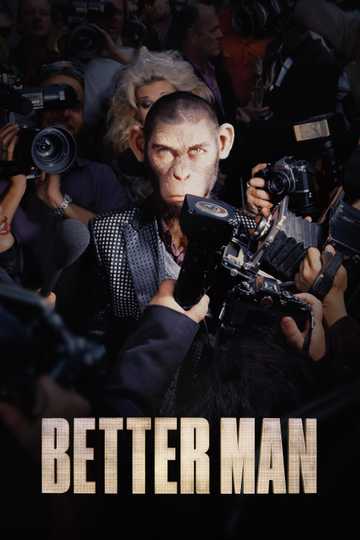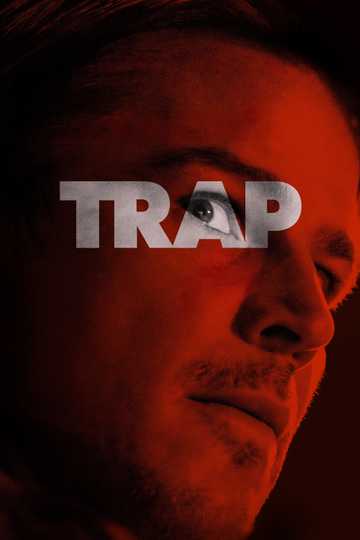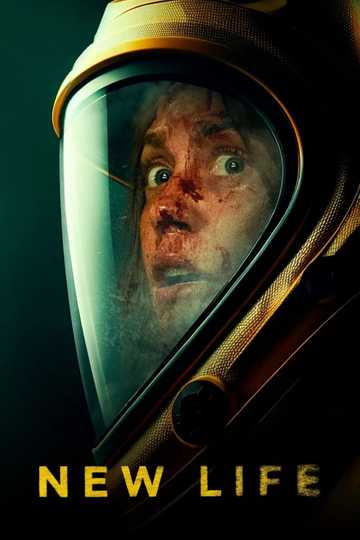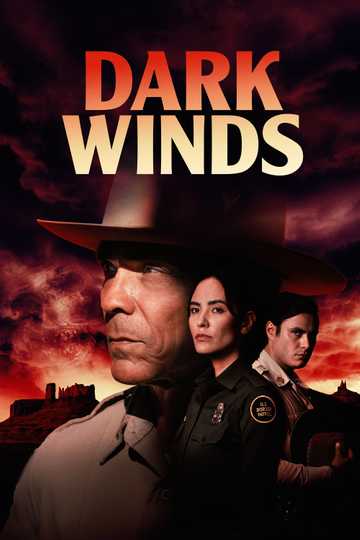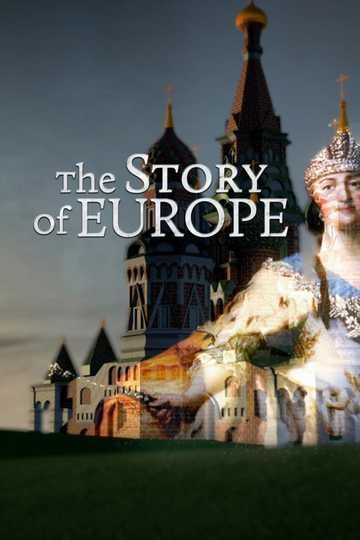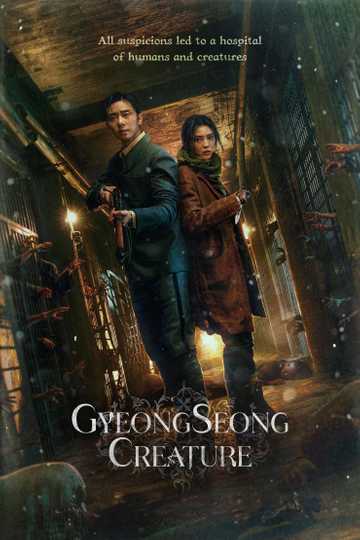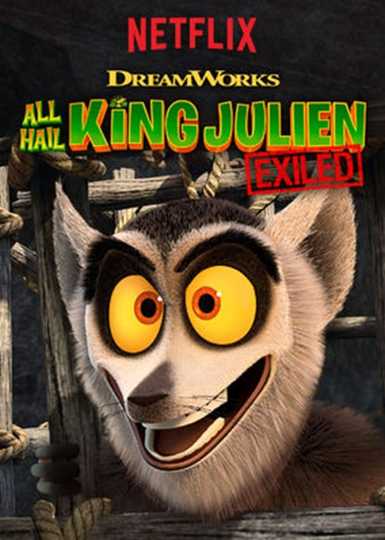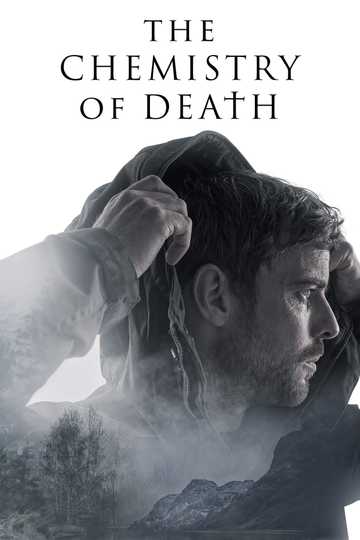Season 1 Episodes
1. Origins and Identity
Where and when does the history of Europe begin? The traces lead to ancient Greece, more precisely to Crete: Here we not only found the first high culture of the continent, but also the founding myth, to which it owes its name: the kidnapping of the princess Europa by the Greek god Zeus.
2. Beliefs and Ideas
Europe has seen Christianity as central to its Western identity. While true, many beliefs and ideas shaping Europe, including Christianity, originate in the Middle East. Long before the birth of Jesus, Judaism spreads across the Roman empire; Muslim Moors dominate the Iberian Peninsula.
3. Ambitions and Conquests
From the 15th to well into the 20th century, Europeans conquered and dominated the world. On behalf of Spain, Christopher Columbus sought a new sea route to India and instead found a "New World". His discovery was the starting signal for the "Europeanization of the Earth".
4. Achievements and Rewards
Europe's history has many dark sides, but its culture is more than a small gleam of hope, it radiates in many areas far out into the world. The old continent sets standards in art, literature, and science. Starting with the ancient Greeks, Europe produces a number of smart and creative minds.
5. Commonalities and Division
Europe was embroiled in near constant conflict for centuries. Violent power struggles between nations and rulers shook the continent. Not until the Enlightenment and the French Revolution of 1789 that a new idea of Europe emerged based on common values: freedom, equality, and fraternalism.
6. State of Play
Europe has never experienced such a long period of peace and prosperity as after the Second World War. When the Iron Curtain fell in 1989, the dream of a Europe united in peace and freedom seemed to have finally to become a reality. But the clouds of nationalism have started to gather once again.
